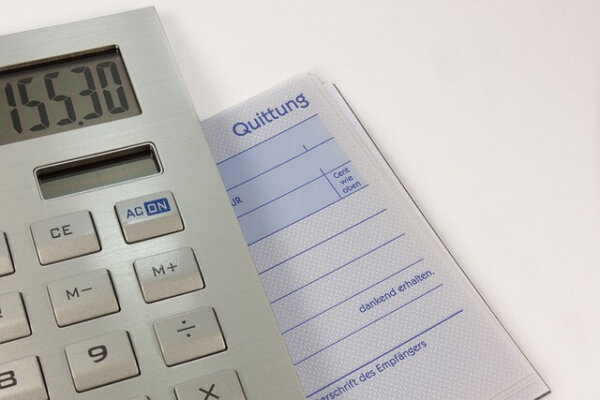Featured news

Making Tax Digital (MTD) for Landlords – A Comprehensive Guide
Making Tax Digital for income tax (MTD IT) is being introduced in phases from April 2026. It will apply to those receiving income from self-employment... More

Business Property Relief Changes – Action to Take Now to Reduce Inheritance Tax
Announced at the Autumn Budget 2024, the Government will implement significant reforms to Business Property Relief (BPR) from 6 April 2026. Many people with holdings... More

The R&D Merged Scheme: A Comprehensive Guide
The research and development (R&D) landscape has undergone significant changes in recent years with the R&D Merged Scheme. This new framework combines previously separate R&D... More

BADR Changes: What to Expect in 2025 for Business Asset Disposal Relief
Business Asset Disposal Relief (BADR), previously known as Entrepreneurs’ Relief, can offer significant tax savings for business owners who sell or transfer qualifying business assets.... More



















